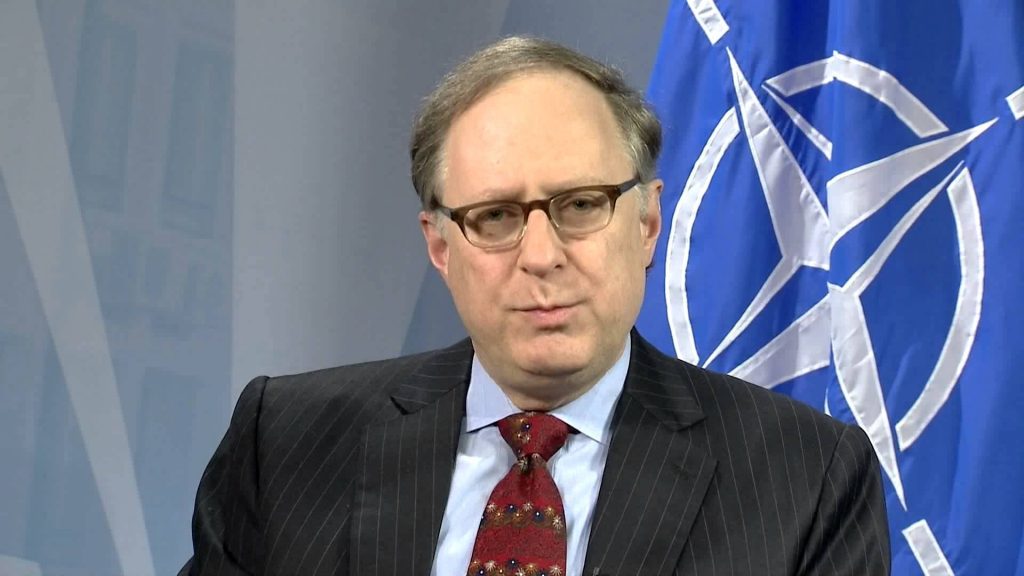
From Alexander Vershbow, NATO: Our world today is very different from the one in which NATO was founded, well over six decades ago. During that period NATO has had to reinvent itself several times – after the Berlin Wall came down, in the wake of 9/11 – and it has always done so successfully.
This time, however, the challenge is very different, because the next adjustment will require that the Alliance achieve a new balance in the contributions made on the two sides of the Atlantic. To put it bluntly, it will require the Europeans to do more – both individually and collectively – at a time when financial conditions are bleak on both sides of the Atlantic. . . .
Complaints about burden-sharing are as old as the Alliance itself, but this time they can’t be swept under the carpet.
Currently, too many key operational capabilities have to be provided by the United States – as we saw during our Libya operation in 2011, and as France saw during its Mali operation this year. This over-reliance on American assets – surveillance drones, aerial refueling tankers, heavy transport planes, electronic warfare capabilities – is unsustainable in the long term, especially as the U.S. rebalances to Asia and grapples with fiscal challenges of its own. Multinational approaches will be key for getting a bigger bang from our defense Euros, and also for helping Europe deliver more of the key capabilities that we need as an Alliance.
But it is not just within NATO that nations can help to redress this balance. There is a clear role, too, for nations within the European Union, because there is also an over-reliance on a few key nations within Europe. The European Council meeting dedicated to security and defense at the end of the year is an excellent opportunity for nations to make concrete commitments to do more to boost European military capabilities. With 21 (and soon, 22) nations members of both the EU and NATO, a stronger “Europe de la défense” is also a benefit to Euro-Atlantic security. In addition, the December meeting is an ideal occasion to promote greater cooperation among our defense companies so that we can sustain a strong defense industrial base on both sides of the Atlantic.
Excerpt from address by Ambassador Alexander Vershbow NATO Deputy Secretary General at the 30th International Workshop on Global Security, Hôtel national des invalides – Paris, June 24, 2013. (photo: Young Professionals in Foreign Policy)
Image: ypfp%206%2024%2013%20Vershbow.jpg
